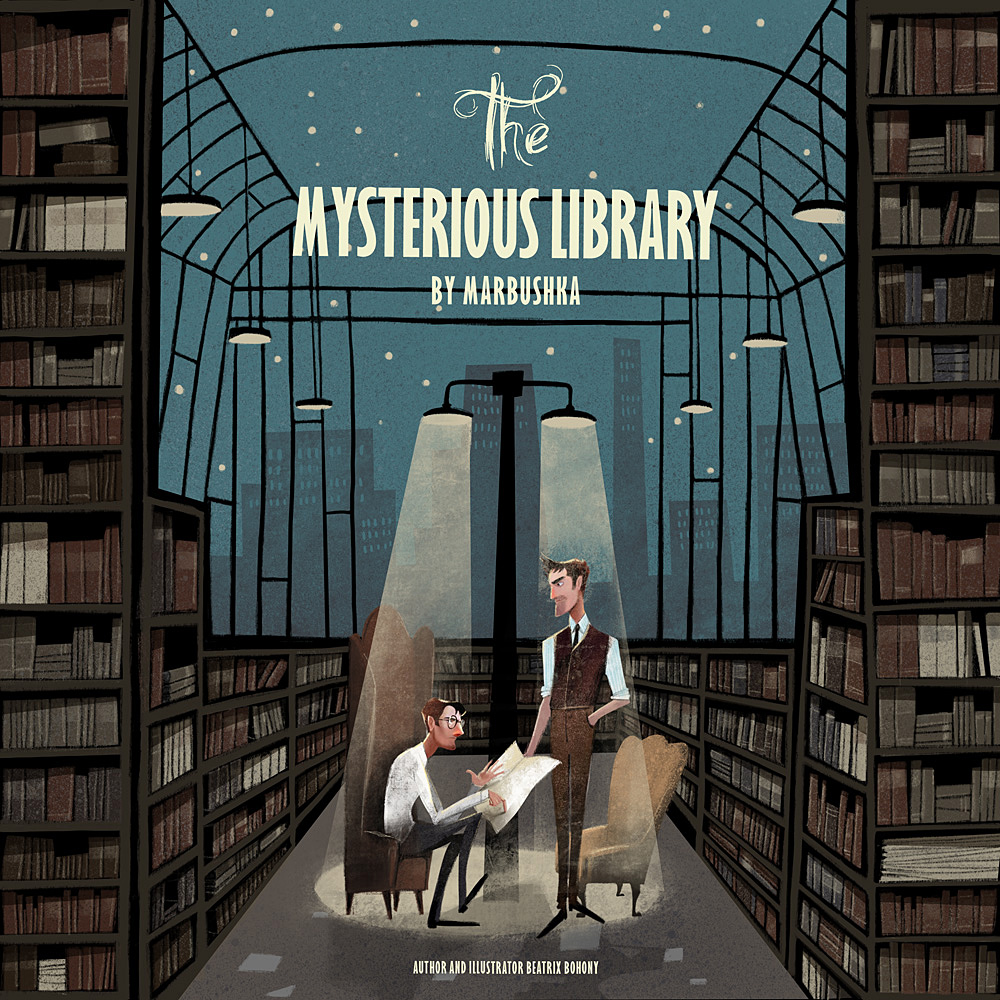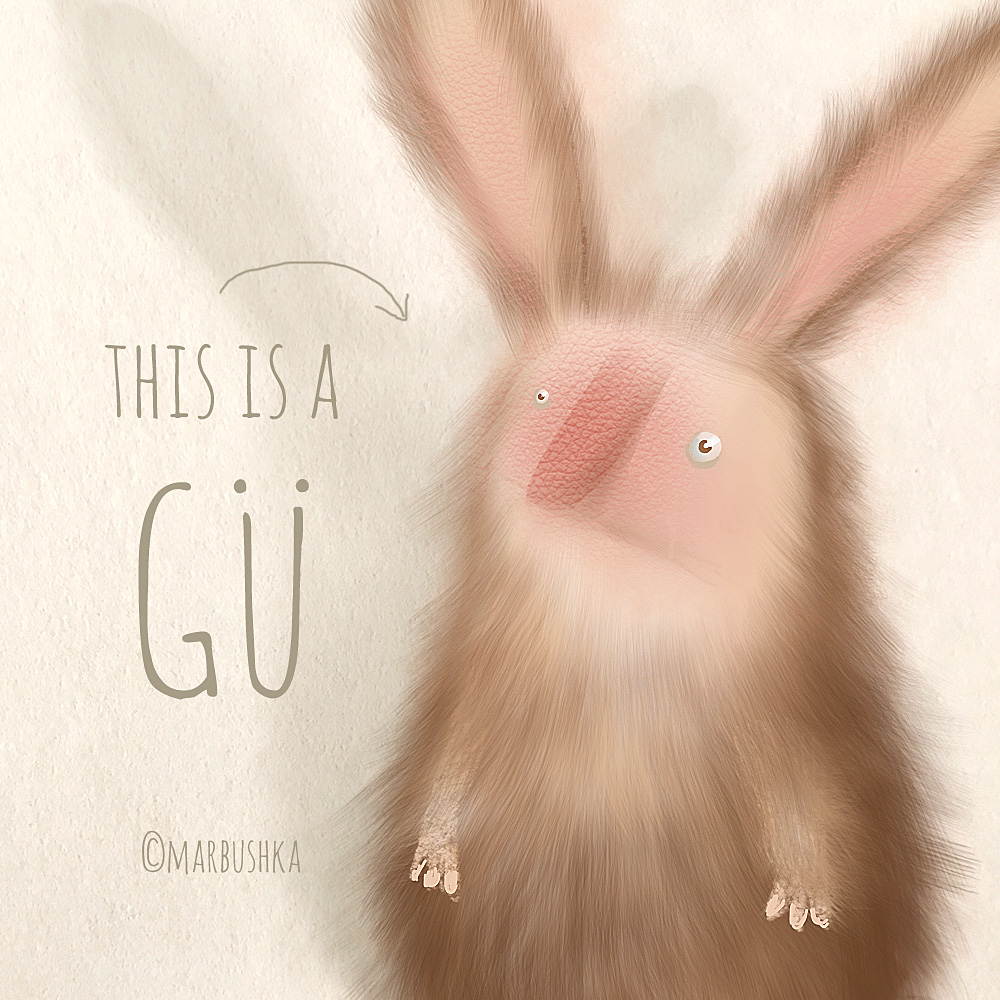anyáknapjára • for mother's day
Amikor Bojána megszületett, ez a mese új értelmet kapott számomra.
A Teáskanna
(Andersen meséje, átdolgozta Rab Zsuzsa)
Volt egyszer valahol egy rátarti teáskanna. Majd felvetette a büszkeség, mert finom porcelánból égették, mert hosszú csőre és széles füle volt, méghozzá elöl a csőre, és hátul a füle. Ez egész ritka dolog, emlegette is a teáskanna, hacsak tehette. Hanem a födeléről nem beszélt soha. Tudta, miért nem: a födele törött volt, s ha megragasztották is, csorba maradt. Minek beszéljen hát az ember a hibáiról, mikor azt úgyis megteszik helyette mások? A csészék, a tejszínes kancsó meg a cukortartó – a teáskészlet többi tagja – úgyis többet gondolnak a csorba födelére, többet is beszélnek róla, mint szépen ívelő füléről és pompás csőréről. Ezt a teáskanna nagyon jól tudta.
– Ismerem őket! – sóhajtotta. – Ismerem a hibáimat is, be is látom, s éppen ezért vagyok szerény és alázatos. De hát nemcsak hibái – erényei is vannak az embernek. A csészéknek fülük van, a cukortartónak födele, de nekem ez is az is, s ráadásul még valami, ami nekik nincs,: csőröm. Ezért vagyok én a teásasztal királynője. A cukortartó és a tejszínes kancsó inkább csak a jó ízlést szolgálja, de az adakozó, az uralkodó én vagyok. Áldás lehetek a szomjazó emberiségre! Az ízetlen forró víz bennem dolgozza fel zamatos illattá a kínai leveleket. Gondtalan, vidám ifjúságában így elmélkedett magában a teáskanna. Ott díszelgett a terített asztalon, s a legszebb kéz emelgette:, de a legszebb kéz ügyetlen volt, s leejtette a rátarti kannát.
Ott hevert a teáskana ájultan a földön, s forró víz szétfolyt belőle, letörött a csőre, letörött a füle – a födeléről ne is beszéljünk, arról már elég szó esett. Rettenetes csapás volt ez neki, s ami a legszörnyűbb: mindenki rajta nevetett, rajta, s nem az ügyetlen kézen.
– Sohasem felejtem el azt a pillanatot! – sóhajtotta a teáskanna, amikor később elbeszélte élete történetét. – Azt mondták rólam, hogy rokkant vagyok, félreállítottak egy sarokba, másnap aztán odaajándékoztak egy szegény asszonynak, aki zsírt kunyerált a konyhán. Koldusbotra jutottam, nem volt tartalma az életemnek, nagyon elkeseredtem. És mégis – akkor kezdődött az én igazi életem. Mert a világon mindenki máshová ér el, mint ahová elindult. Belém földet tömtek, s ez egy teáskannának annyi, mintha eltemetnék. De a földbe aztán virághagymát dugtak, hogy kicsoda, nem tudom, ajándékba kaptam a kínai levelekért meg a forró vízért kárpótlásul, meg hogy elfelejtsem letört csőrömet, letört fülemet. A földem befogadta a hagymát, s az az enyém lett, a szívemmé vált, az elelven szívemmé – addig, tudjátok, nem volt szívem. De akkor élet támadt bennem, élet és erő. Nedvek keringtek a belsőmben: a hagyma csírába szökkent, aztán virágot bontott, s én hordoztam, én voltam a bölcsője. Néztem, nem tudtam betelni a szépségével – boldog voltam, mert boldog aki másnak tudja áldozni az életét! A virág nem mondott köszönetet nekem, nem is gondolt velem. Mindenki megcsodálta, mindenki megdícsérte. Én meg örültem – bizony megérdemli a dícséretet ez a szépséges virág!
Egy nap eztán azt mondta valaki: “Jobb cserepet érdemelne!”
Akkor kettétörtek, ami nagyon fájt, de a virág sokkal szebb cserépbe került, s ez megvígasztalt. Most itt heverek a szemétdombon, törött cserép vagyok. De az emlékeimet nem veheti el senki.
When my daughter was born, this tale got a new meaning for me.
Hans Christian Andersen : The Teapot
There was a proud Teapot, proud of being made of porcelain, proud of its long spout and its broad handle. It had something in front of it and behind it; the spout was in front, and the handle behind, and that was what it talked about. But it didn't mention its lid, for it was cracked and it was riveted and full of defects, and we don't talk about our defects - other people do that. The cups, the cream pitcher, the sugar bowl - in fact, the whole tea service - thought much more about the defects in the lid and talked more about it than about the sound handle and the distinguished spout. The Teapot knew this.
"I know them," it told itself. "And I also know my imperfections, and I realize that in that very knowledge is my humility and my modesty. We all have many defects, but then we also have virtues. The cups have a handle, the sugar bowl has a lid, but of course I have both, and one thing more, one thing they can never have; I have a spout, and that makes me the queen of the tea table. The sugar bowl and the cream pitcher are permitted to be serving maids of delicacies, but I am the one who gives forth, the adviser. I spread blessings abroad among thirsty mankind. Inside of me the Chinese leaves give flavor to boiling, tasteless water."
This was the way the Teapot talked in its fresh young life. It stood on the table that was prepared for tea and it was lifted up by the most delicate hand. But that most delicate hand was very awkward. The Teapot was dropped; the spout broke off, and the handle broke off; the lid is not worth talking about; enough has been said about that. The Teapot lay in a faint on the floor, while the boiling water ran out of it. It was a great shock it got, but the worst thing of all was that the others laughed at it - and not at the awkward hand.
"I'll never be able to forget that!" said the Teapot, when later on it talked to itself about its past life. "They called me an invalid, and stood me in a corner, and the next day gave me to a woman who was begging for food. I fell into poverty, and was speechless both outside and inside, but as I stood there my better life began. One is one thing and then becomes quite another. They put earth in me, and for a Teapot that's the same as being buried, but in that earth they planted a flower bulb. Who put it there and gave it to me, I don't know; but it was planted there, a substitution for the Chinese leaves and the boiling water, the broken handle and spout. And the bulb lay in the earth, inside of me, and it became my heart, my living heart, a thing I never had before. There was life in me; there were power and might; my pulse beat. The bulb put out sprouts; thoughts and feeling sprang up and burst forth into flower. I saw it, I bore it, and I forgot myself in its beauty. It is a blessing to forget oneself in others!
"It didn't thank me, it didn't even think of me - everybody admired it and praised it. It made me very happy; how much more happy it must have made it!
"One day I heard them say it deserved a better pot. They broke me in two - that really hurt - and the flower was put into a better pot; then they threw me out into the yard, where I lie as an old potsherd. But I have my memory; that I can never lose!"



